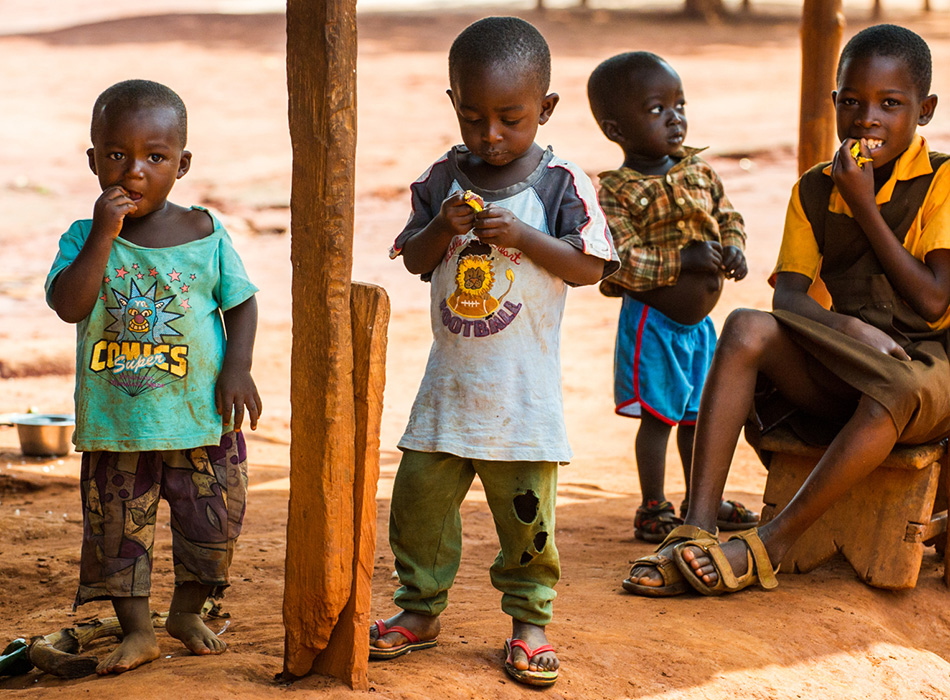The rights of every Kenyan citizen are contained in Chapter Four of the the Constitution of Kenya on Bill of Rights,. Bill of Right is a guideline that is used to develop policies that recognize and protect human rights. Most of these rights and fundamental freedoms are borrowed from the United Nation’s Universal Declarations of Human Rights which Kenya is a signatory to. The Constitution allows every citizen to enjoy the rights and freedoms embedded in Chapter Four without any form of discrimination whether language, sex, religion, political, birth or any other status as long as that enjoyment does not interfere with the rights and freedoms of other people. Here are top five rights that the Constitution accords each Kenyan citizen:
- 1. Right to Life
The Constitution has placed the task of protecting the existence of human beings on the state. As a Kenya citizen, you are not allowed to take away life of any other human being or even your own life because doing so amounts to a criminal offence. Persons who survive after attempting to take away their lives are taken to court judged. The Constitution allows for life of an unborn child to be taken only when a qualified health practitioner advises so when the life of the mother is in danger and needs to be saved.
2. Right to access Economic and Social Services
Every Kenyan citizen has the right to access quality social and economic services such as health, housing, sanitation services, clean, safe water and food in adequate quantities. It is this right that prohibits denial of medical services to Kenyan citizens in the event of an emergency whether during day or night time in any kind of hospital facility. Further, through this right, the Constitution accords every citizen, old or young, including any child who is a citizen of Kenya the right to access quality education. Under this right, the government is compelled to provide appropriate social security (money given to people who are ill or too old to work) in order to support themselves and their dependants.
3. Right to enjoy one’s language and culture
Nobody chooses which community to belong to or which language the community one is born it should speak. The Constitution therefore accords every Kenyan the right to enjoy their language and culture even as it appreciates the existence of different languages that different communities living in Kenya speak. This right also gives people a chance to form, join and maintain cultural and linguistic associations or groups but only with good intentions.
4. Right to a clean, healthy environment
Every person wants to live in an environment that is free from pollution and destruction. The purpose of this right is to protect the environment for the sake of the present and future generations. The government ought to develop and enforce legislations that ensure that every person enjoys a clean and healthy environment.
5. Right to fair labour practices
Every employee, whether permanent or temporary, wants to be treated well and to feel valued by the employer. To keep this dream alive, this right protects Kenyan workers from unfair treatment by ensuring that employers are providing fair pay and reasonable working conditions for the employees.
6. Right to vote
Every Kenyan who has attained 18 years and is of sound mind has a right to vote. Through voting, Kenyans exercise their sovereign power to democratically decide who leads them. Kenyans are required by law to identify themselves using an identity card or passport. It is the right of every Kenyan to be issued with such identification documents as well. As a Kenyan, you have the right to belong to a political party of your choice and you can vote for the candidate you want as long as they appear on the ballot box without being intimidated.



